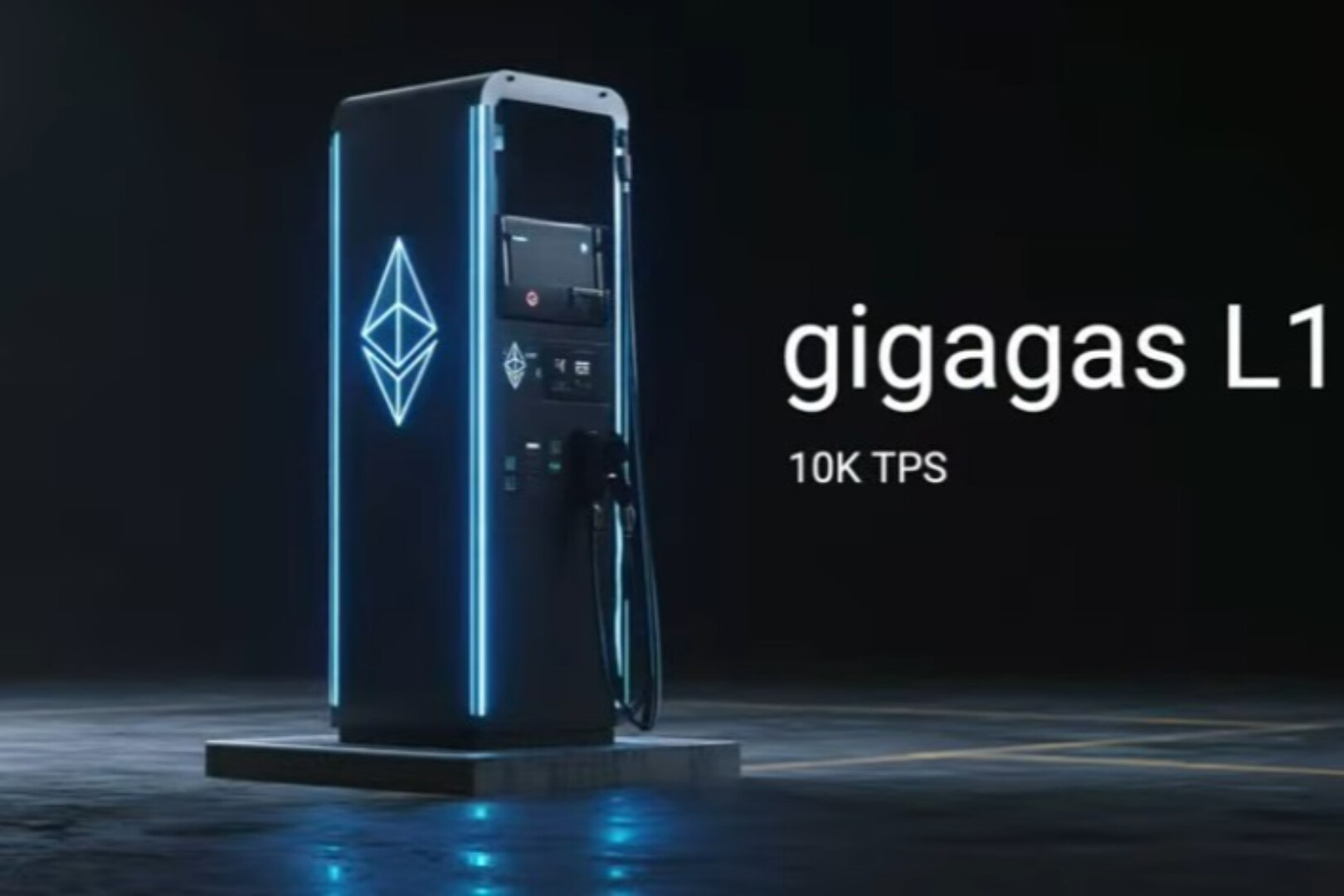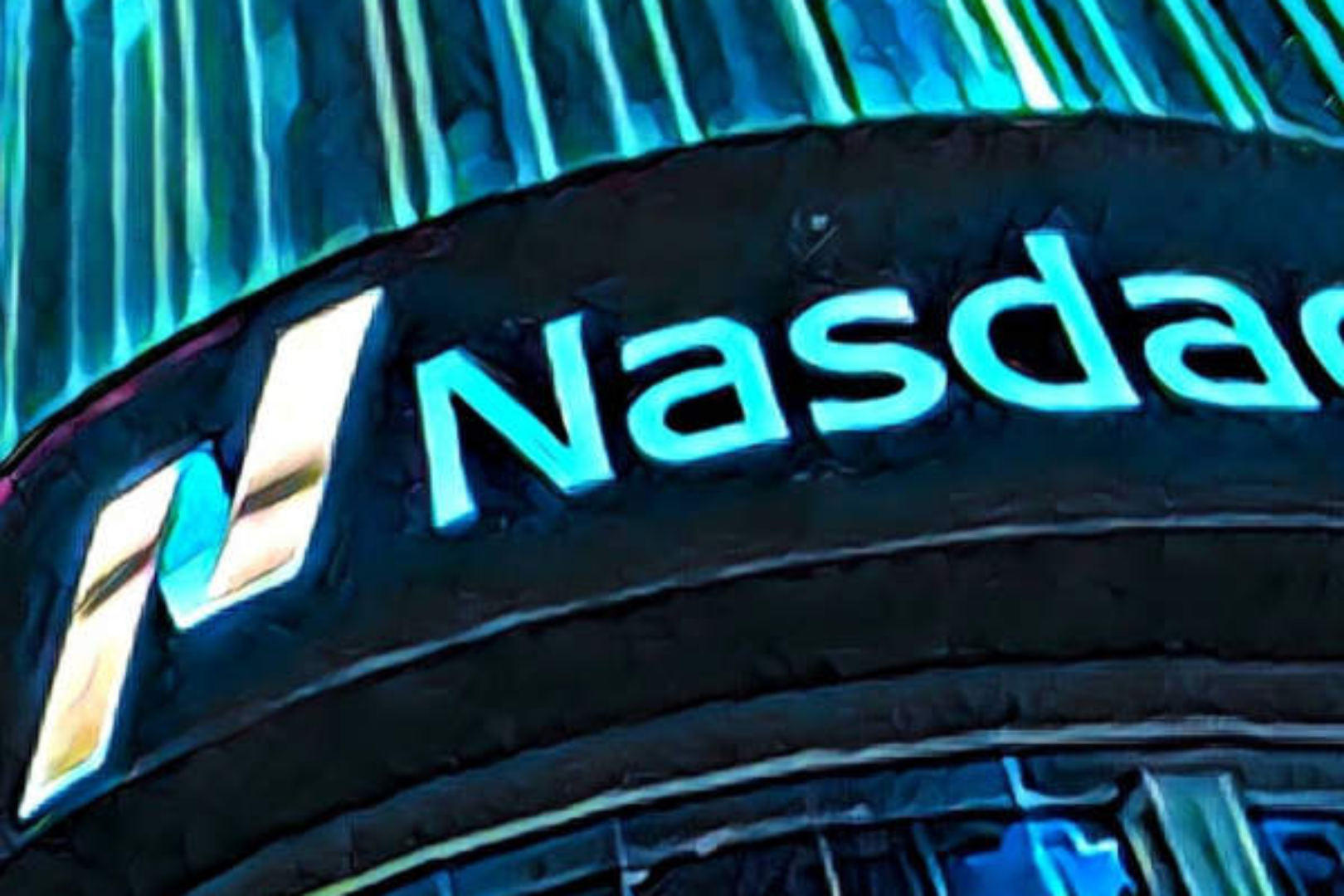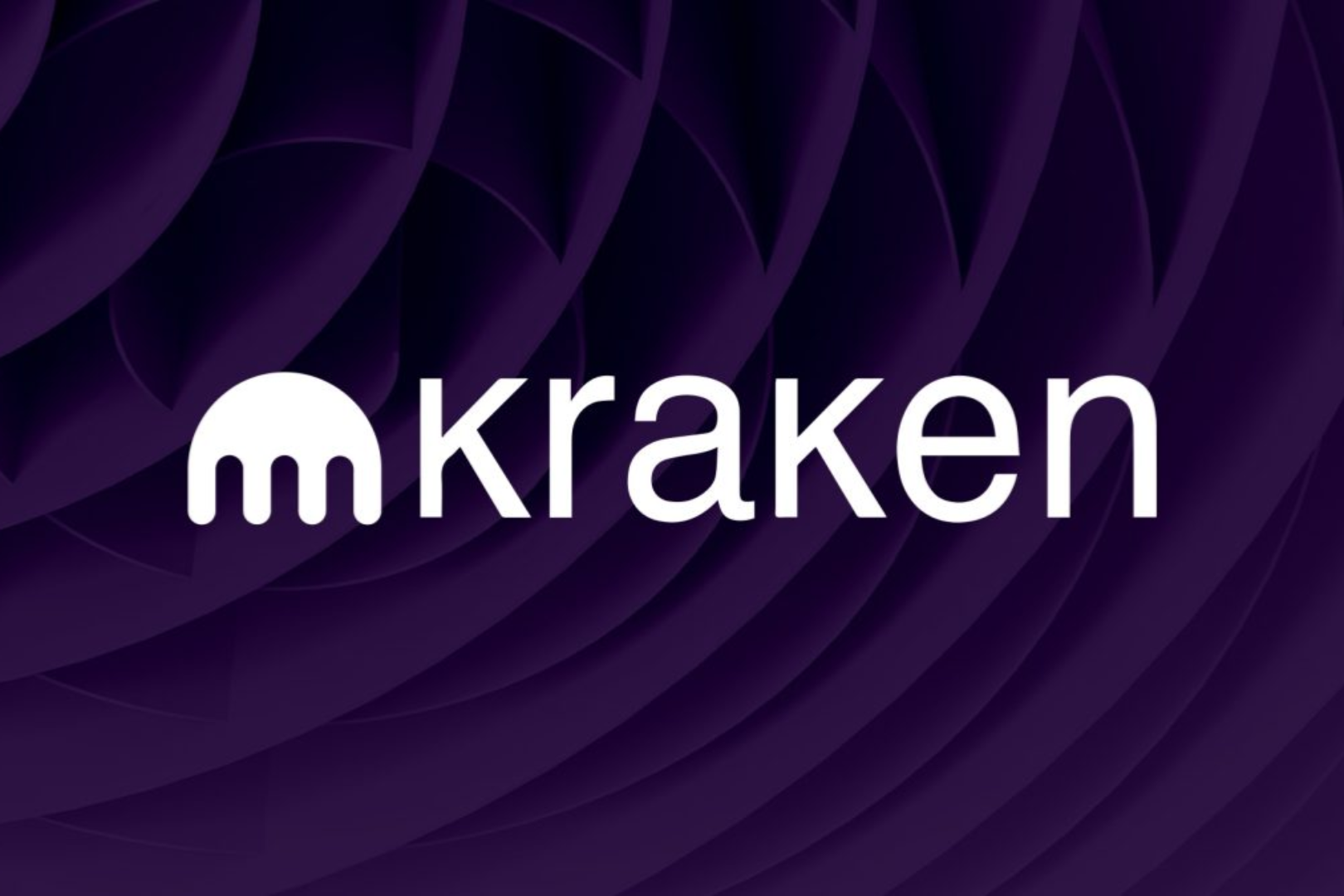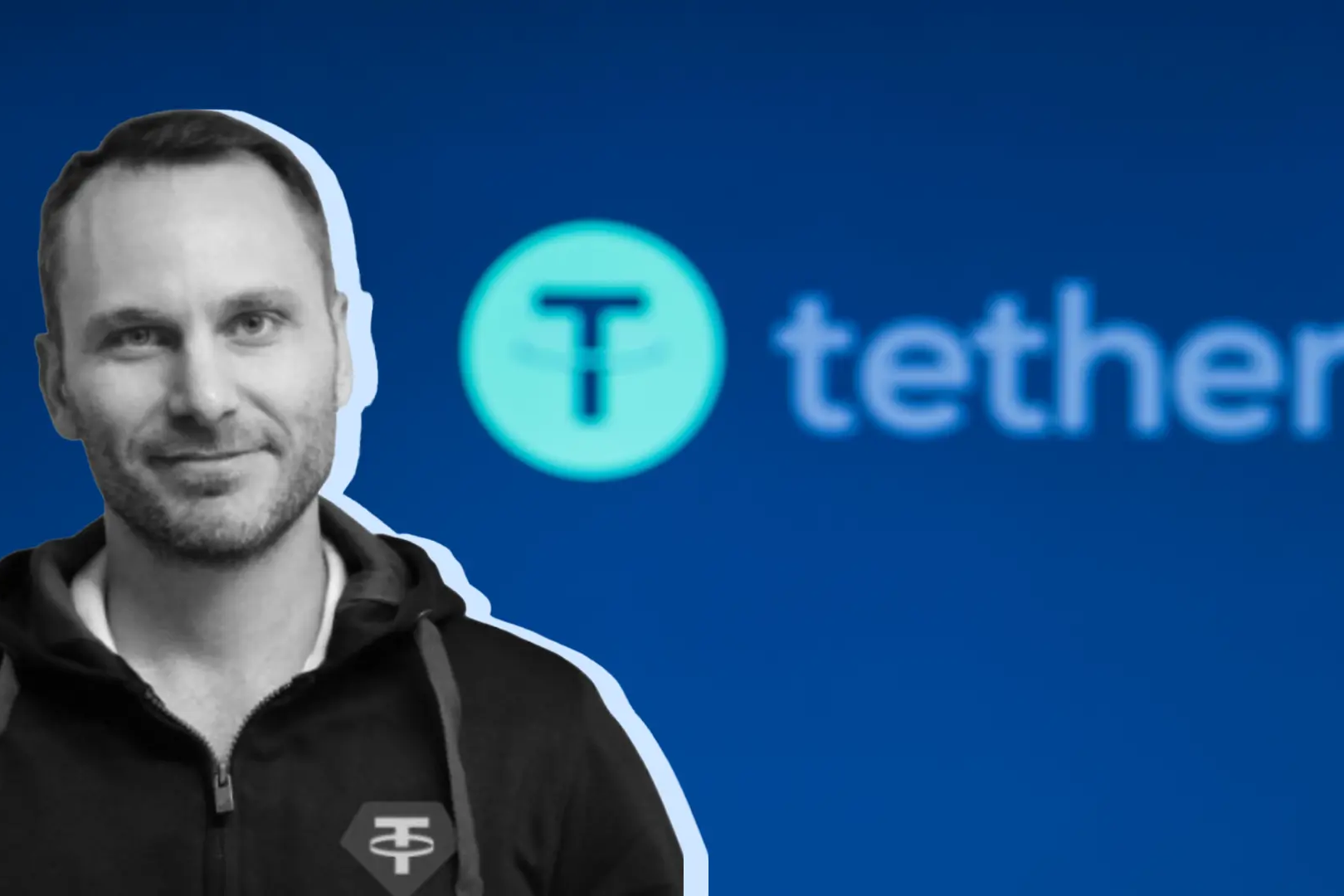
Original | Odaily Planet Daily ( @OdailyChina )
By Wenser ( @wenser 2010 )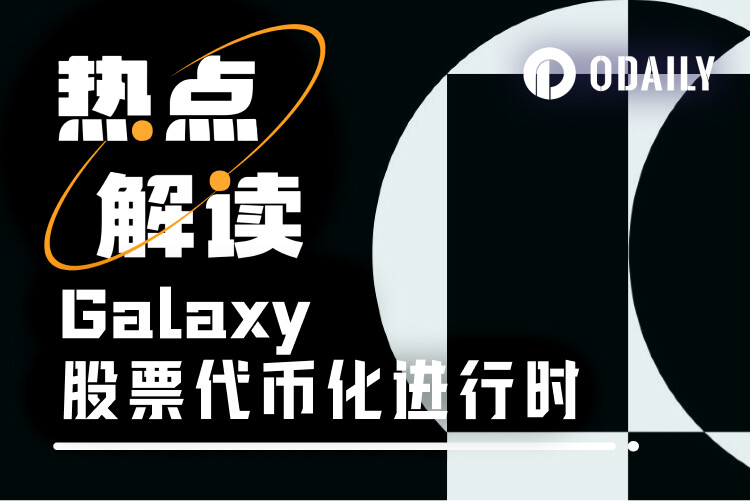
Stock tokenization is seen as a revolution in the traditional financial system initiated by the cryptocurrency industry, aiming to extend crypto's reach into the stock market and gradually reshape its trading rules. Following the promotion of US stock tokenization by platforms like Robinhood and xStocks, some publicly listed companies have also begun to actively embrace this trend. Market news on the evening of August 5th revealed that Galaxy Digital, a US-listed crypto giant, plans to issue tokenized stock GLXY and has signed a partnership agreement with Robert Leshner's Superstate for an RWA (Real World Asset) platform. Odaily Planet Daily provides a brief analysis of this development below for your reference.
The U.S. stock tokenization track has changed: when crypto giants choose to "revolutionize themselves"
Galaxy may be unfamiliar to many, but it was listed on the Toronto Stock Exchange Venture Exchange in Canada as early as 2018, becoming the world's first successfully listed crypto asset investment and management company. In May of this year, Galaxy completed its reorganization from the Cayman Islands to the United States and officially listed on the Nasdaq under the ticker symbol GLXY, establishing itself as a benchmark company in the cryptocurrency industry.
Galaxy, known as the "Goldman Sachs of the cryptocurrency industry," previously held a role in the custody of ETH treasury reserves like BitMine, Sharplink Gaming, and Bit Digital. Taking advantage of the hype surrounding ETH treasury reserves in June and July, Galaxy's stock price surged from $18.50 in early June to $30.59 on July 20. As of press time, Galaxy's after-hours stock price was $27.21, a 24-hour decline of 1.7%. According to on-chain analyst Ai Yi, Rootdata data shows that Galaxy Digital has invested in 124 projects, including Sonic, Monad, Ethena, Babylon, and Plume. Its investment in EOS between 2018 and 2019 yielded $71.2 million in profits, a 123% return on investment. Galaxy also profited hundreds of millions of dollars from the Luna incident, ultimately being deemed a contributing factor to the Luna debacle and fined $200 million.
In addition, Galaxy is also an active intermediary in the over-the-counter (OTC) market. Its most recent notable operation was to help early BTC investors complete the sale of more than 80,000 bitcoins , which was worth more than US$9 billion based on the market value at the time. This was also one of the largest notional amount Bitcoin transactions in the history of the crypto market.
Yesterday, Galaxy Digital, a Nasdaq-listed subsidiary of Galaxy, released its Q2 financial results for the period ending June 30, 2025. The company reported net revenue of $30.7 million, a total equity value of $2.6 billion, and approximately $1.2 billion in cash and stablecoins. Thanks to the aforementioned "80,000 BTC transaction," Galaxy Digital's digital asset business generated adjusted gross profit of $71.4 million, a 10% increase from the previous quarter.
According to on-chain analyst Ai Yi, Galaxy Digital currently holds approximately $921 million in on-chain assets, including 5,119.73 BTC (approximately $585 million), 75,425 ETH (approximately $268 million), and 151,196 SOL (approximately $24.51 million). In addition, Galaxy Digital holds 17.49 million USDT and 6.67 million USDC. The top five assets held by value are all major cryptocurrencies and stablecoins.
Notably, Galaxy Digital's early investors include a rare Asian presence. HCM Capital, the investment arm of Hon Hai Group, invested early on in Galaxy Digital. The same firm also previously invested in industry giant Digital Currency Group (DCG). For more details, see the article "Cryptocurrency Investment Bank Galaxy Digital Goes Public! Do You Know the Chinese Investors Behind It?"
Galaxy, which boasts industry status, asset management scale, and the status of a US-listed company, has chosen to proactively tokenize its own shares. This may be due to two considerations:
On the one hand, this may be due to slightly weak Q2 financial data and business performance, which fell short of market expectations. Although Galaxy's Q2 financial performance far exceeded Q1, even turning a profit from a Q1 loss of $295 million and achieving an adjusted gross profit of $299 million, its sharp decline in assets (total assets fell 43% to $6.3 billion), the highly uncertain regulatory environment, and the high-risk and volatile market have made investors completely unsure of its subsequent market performance. In response to this news, its stock price fell 7.6% to $28.10 in pre-market trading after the earnings report was released.
On the other hand, perhaps they're seeing the potential for further growth in the stock tokenization market. As early as May of this year, Galaxy founder Mike Novogratz revealed that Galaxy Digital intends to tokenize its own shares into DeFi application tokens, with specific use cases including lending and trading. As a cryptocurrency giant, Galaxy believes that "tokenized US stocks" have enormous growth potential, potentially creating a new trillion-dollar market. Features like 24/7 trading and access to non-US investors will further unlock market liquidity. Of course, as a publicly listed company, it acknowledges that the relevant market is still in its early stages, and SEC filings cautiously point out that the tokenized securities market is still in its infancy, and there's no guarantee that the tokenized GLXY will develop a scalable and orderly market. Compared to regulated national exchanges like Nasdaq, on-chain trading mechanisms (such as DEXs) may lack significant liquidity, trading volume, transparency, and regulatory frameworks.
Nevertheless, judging by the current market progress, Galaxy has taken a crucial step forward.
Galaxy Stock Tokenization Partner: Superstate Platform's RWA Business
News of Galaxy's stock tokenization was immediately confirmed in a post by Robert Leshner, CEO of partner Superstate and founder of RobotVentures, the founder of the renowned DeFi protocol Compound. It's worth noting that Nasdaq-listed 180 Life Sciences previously announced plans to raise approximately $425 million in private equity funding to establish an Ethereum treasury. Upon completion of the transaction, the company will be renamed ETHZilla Corporation, in which Robert Leshner is also an investor .
The collaboration between Superstate and Galaxy was also premeditated.
It is understood that Galaxy signed a "Digital Transfer Agency Agreement" with Superstate Services in May this year, officially appointing the company as the transfer agent for its own digital assets; Superstate Services is the company behind the RWA tokenization platform Superstate, which has attracted market attention for launching multiple tokenized private equity funds (such as USTB and USCC).
In May this year, Superstate launched an on-chain trading platform called "Opening Bell" and jointly submitted a framework proposal to the SEC with several institutions.
At the time, the project announced it would initially deploy on the Solana blockchain, achieving a native integration of traditional equity and blockchain infrastructure, eliminating reliance on CEXs and traditional listing mechanisms and providing continuous trading and real-time settlement via blockchain infrastructure. SOL Strategies, known as "SOL's version of micro-strategy," would be the first to list its common stock on the Solana blockchain through the platform, enabling direct on-chain trading of US stocks. This was recently confirmed by SOL Strategies CEO Leah Wald , who emphasized, "Unlike tokenized packaging, this is fully compliant, tradable, and seamlessly fungible equity with its underlying securities."
From this point forward, Superstae may become the preferred choice for on-chain tokenization for a growing number of crypto and US stocks. Based on Robert Leshner's experience in founding Compound, it may further stimulate the flow of US stock market liquidity into the on-chain market. Of course, the prerequisite is that the on-chain US stock token trading experience is superior to that of the US stock market.
Conclusion: With the combined efforts of both domestic and foreign forces, the tokenization of US stocks has reached a turning point.
If the previous tokenization of U.S. stocks by platforms such as Robinhood, xStocks, and MyStonks was more like the "Trojan War" launched by the cryptocurrency industry against the U.S. stock market from the outside, especially Robinhood's desire to use stock tokenization to preemptively price the equity of private companies such as SpaceX and OpenAI; then the current behavior of companies such as Galaxy and SOL Strategies actively cooperating with the RWA platform Superstate to promote stock tokenization is like an "active revolution" spontaneously launched from within - leveraging their advantages in deep cultivation of the crypto industry to take the lead in promoting the deep coupling of liquidity in both the stock and crypto markets.
As for whether Galaxy's stock price and business performance can achieve greater success, it depends on whether the U.S. stock market and the crypto market can eat up the "big pie" it has painted.

